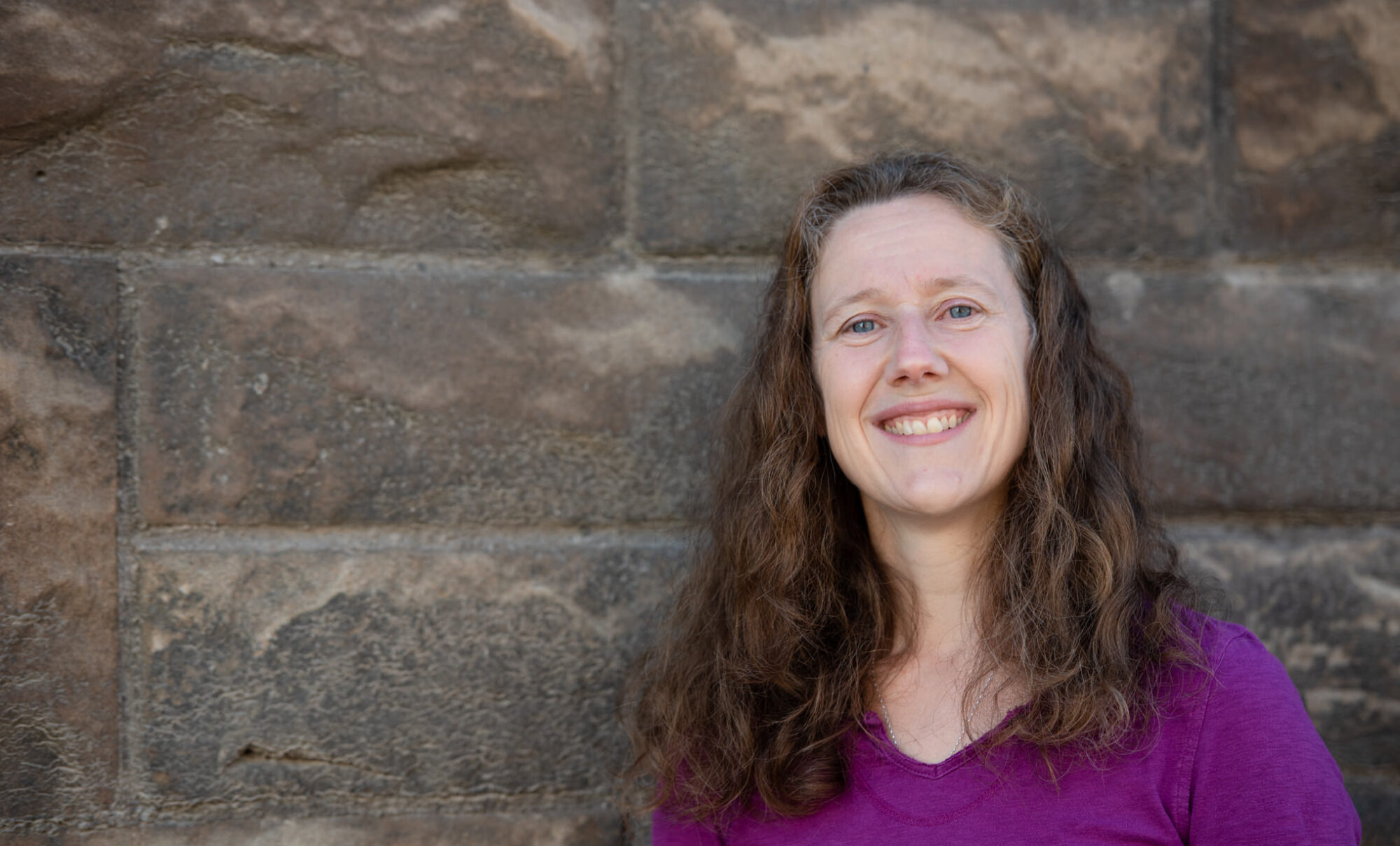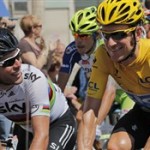The other day I blogged about how I’d been impressed by the teamwork by the British team Sky in the Tour de France, and how it could be applied to business situations. This morning I watched a fantastic interview on BBC Breakfast with Dave Brailsford, British Cycling’s Performance Director, where he was discussing the methods he’d used to help the British Olympic cycling team to their current success in London 2012.
The interview was focussing on recent reports and queries in the International press as to how the British team has managed to be so successful across the board with cycling, questioning if they are using special kit. Dave’s response could have been the response of Project Managers and Coaches in any field:
“We start by analysing the demands of the event we want to win. We then prioritise because we know we can’t win everything. Then we look at where we are today and see the gap between where we are and where we want to be and how we can get there… “
This could equally read as follows:
- Identify the goal
- Identify the requirements to meet that goal
- Prioritise the requirements
- List the tasks required to meet those requirements
Once you have this information you can plan and adjust your plans as required to keep you on track for meeting that goal, and most importantly keep your team motivated and keep monitoring performance to ensure you are on track. It’s a mantra I repeat almost daily in my work and an approach which has been used time and again to ensure success.
Dave Brailsford also made a great point about focussing on the little details to get what he referred to as ‘marginal gains’
“The whole principle came from the idea that if you broke down everything you could think of an improved it by 1% and put it back together again you will get a significant increase.” …
“There’s fitness and conditioning but there are other things that might seem on the periphery like sleeping in the right position, having the same pillow when you are going away and training in different places, hygiene.” …
“They’re tiny things but if you clump them all together it makes a big difference.”
In the digital and technology world I have worked on projects where performance was critical to the success of the application. By ensuring each bit of code, each piece of the application is as efficient as it can be this helps to ensure that as a whole it works better. I’ve also worked on projects where time and a delivery date was a critical factor, by finding ways to deliver each individual element in the most efficient way, if you have 6 or 7 elements to a project and you manage to deliver each of them 1 hour quicker than expected then you have saved a day.
Dave Brailsford referred to himself as a conductor and the team of coaches and athletes as musicians :
“With the Olympics (as well), it’s been a big challenge but I’m an orchestra conductor, we’ve got fantastic cellists, violinists and drummers and we’ve got fantastic coaches.”
I love this analogy and again it works beautifully in terms of running projects: the Project Manager is the conductor and the team working on the project are all playing their part to make the music come together.
The reason that Team GB cyclists are doing well in the Olympics? In my opinion: The Olympics were their goal and they have been working as a team to deliver this goal rather than anything else. In fact most of the funding in the UK has been specifically Olympics driven. This is why some of the athletes didn’t necessarily perform that well over some of the events earlier in the year, those events were milestones on the way to a larger more important goal and it’s quite possible they didn’t want to peak too early.
One thing does strike me though, and it was a question which Dave Brailford himself wasn’t able to give a clear answer to this morning: How did they manage to be so successful in the Tour De France and the Olympics back to back in the same year? From what Dave said this morning winning the Tour this year wasn’t necessarily their primary goal, they had been targeting a win within 5 years, however it seems it is a rather nice piece of icing on the cake.. or in my terms a rather nice case of a project delivered early!

